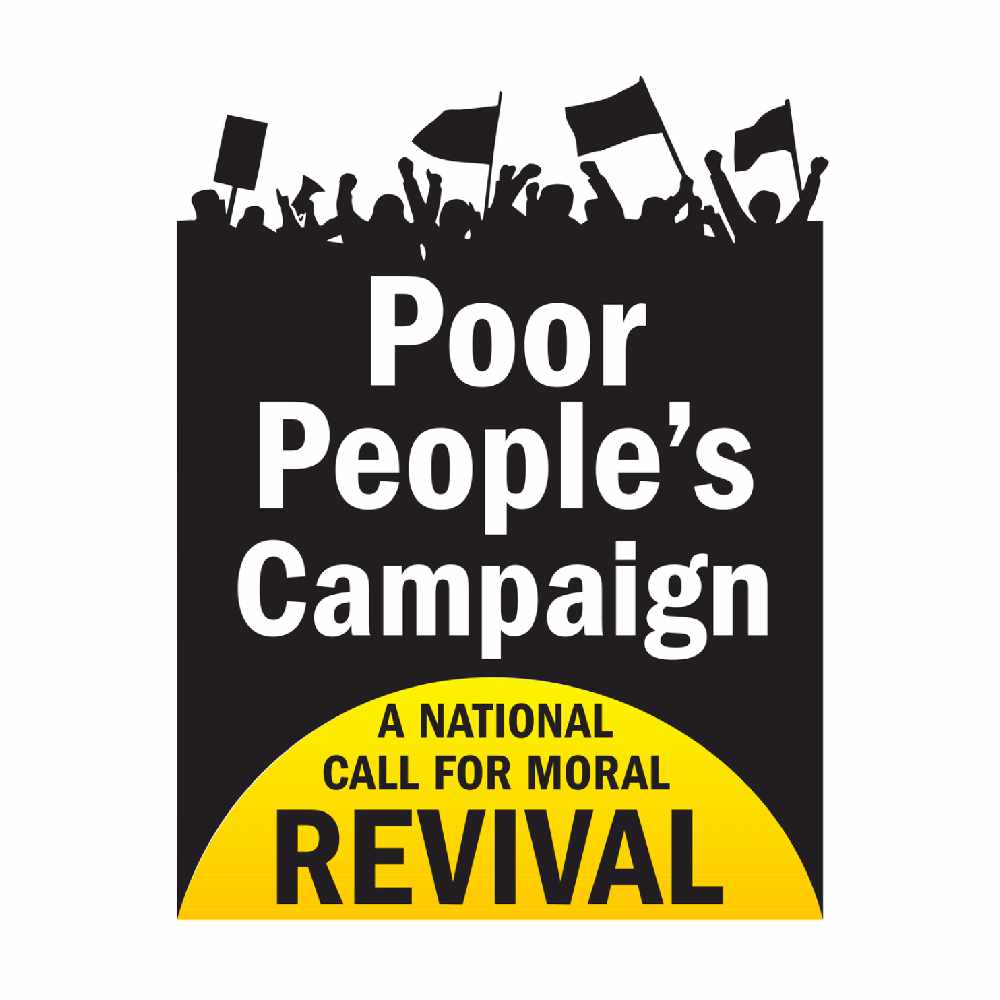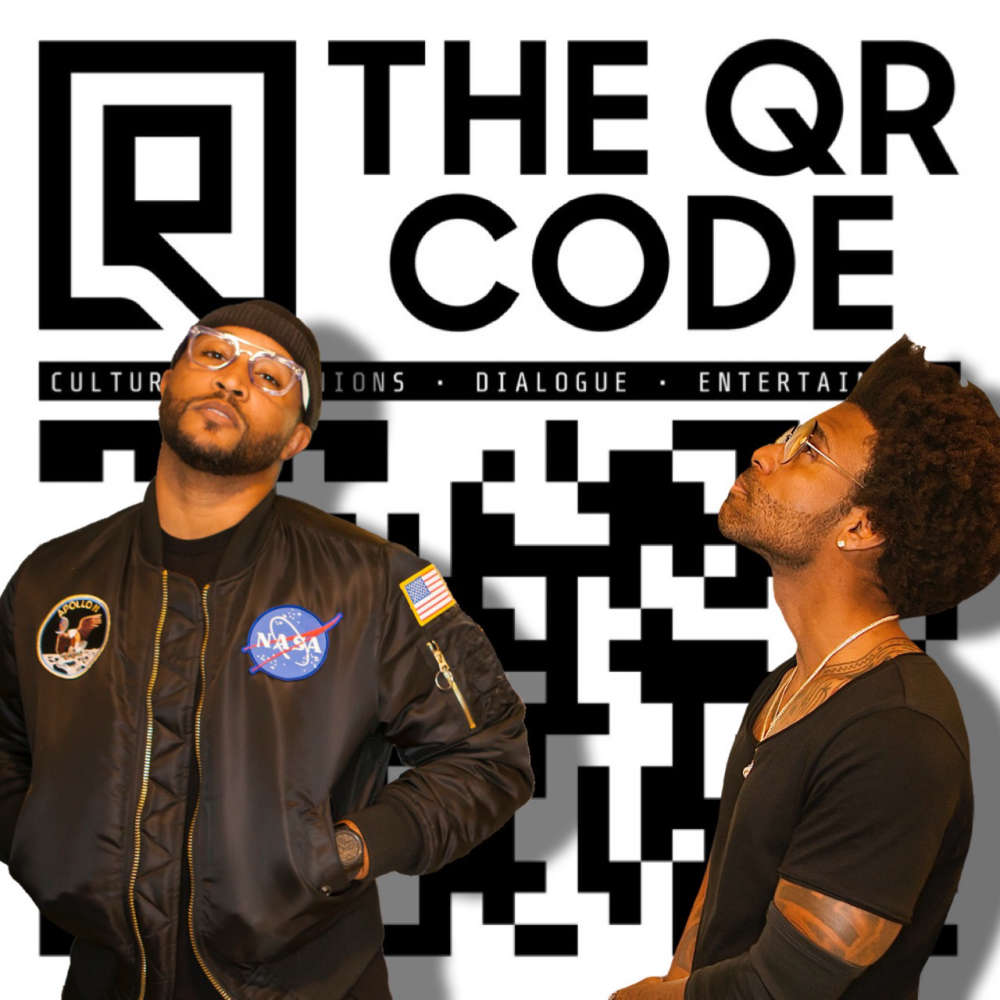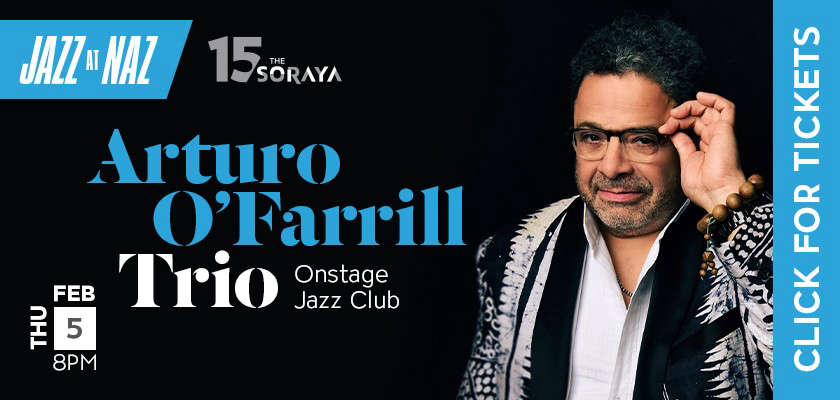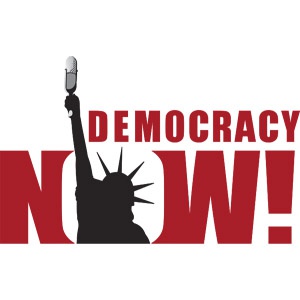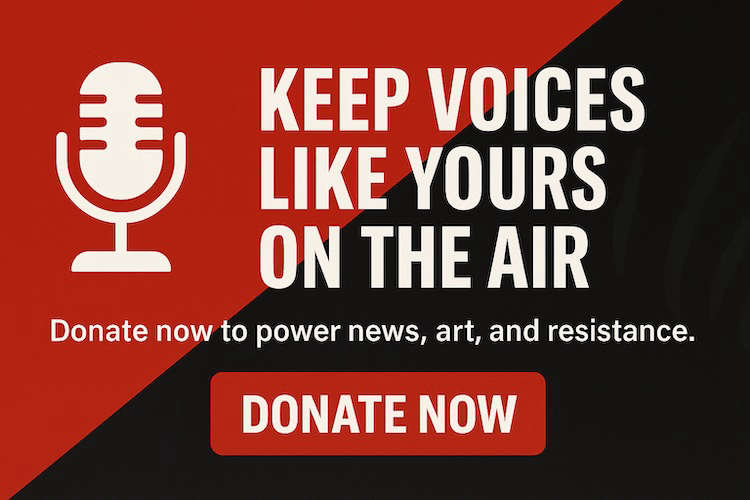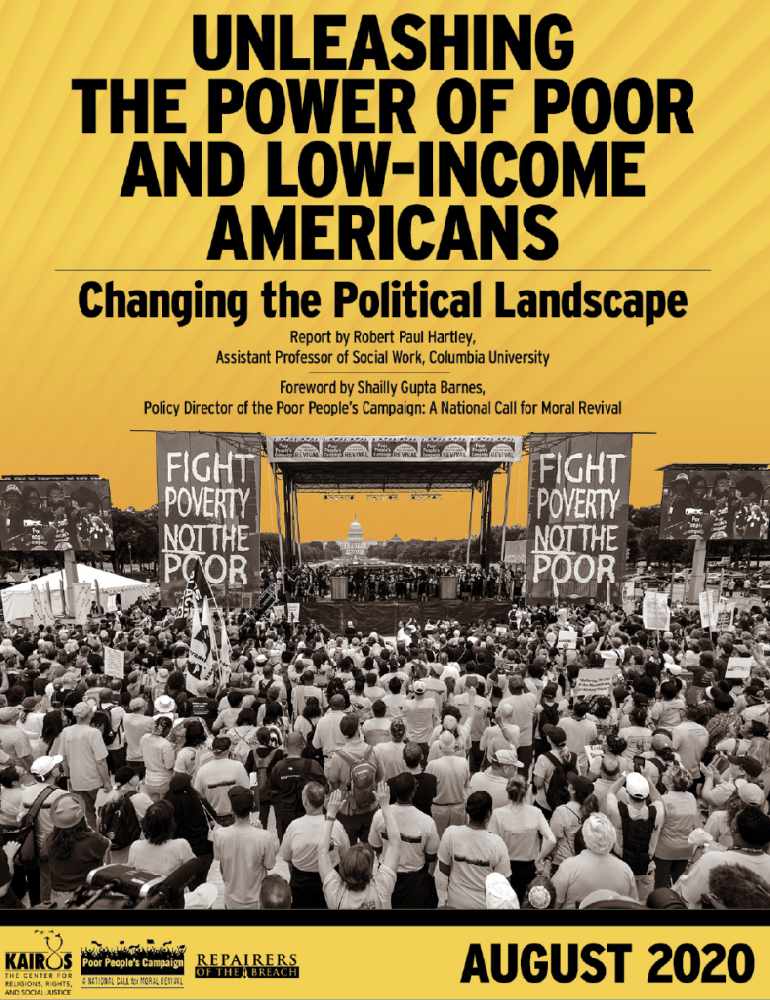 Before the pandemic, there were already 140 million people who were poor or low-income in this country. As the COVID-19 pandemic has revealed, our society’s failure to meet the needs of these millions of people — around health care, jobs, wages, housing, food, water, and more — presents a critical weakness to the nation’s public health and economic well-being. In other words, the concerns of the poor have an impact on everyone.
Before the pandemic, there were already 140 million people who were poor or low-income in this country. As the COVID-19 pandemic has revealed, our society’s failure to meet the needs of these millions of people — around health care, jobs, wages, housing, food, water, and more — presents a critical weakness to the nation’s public health and economic well-being. In other words, the concerns of the poor have an impact on everyone.
Yet, in the lead up to the 2016 elections and for most of the 2020 primary season, there were more than 3 dozen debates without one single hour focused on poverty or the issues facing these millions of people.
How would the political landscape change if the needs and demands of poor and low-income voters were better represented in the electoral process? This new report, “Unleashing the Power of Poor and Low-Income Americans,” uses nationally representative data to illustrate the potential voting power of low-income Americans.
Click Here to View Your State’s Data
The Poor People’s Campaign has consistently described its work as “registering people for a movement that votes.” We know that the votes of poor and low-income Americans can make a difference in our elections.
This research brief provides a closer look at the voting behaviors of these millions of people, relative to the size of the total electorate as well as recent voting margins by state. We believe that its findings support our analysis that organizing among the poor, around an agenda that represents the concerns of the poor, can fundamentally change the political map of this country and lead to policies that are just and representative for all Americans.
Report by Robert Paul Hartley, Assistant Professor of Social Work, Columbia University
For more information on the Poor People's Campaign or to Join visit Poorpeoplescampaign.org
-
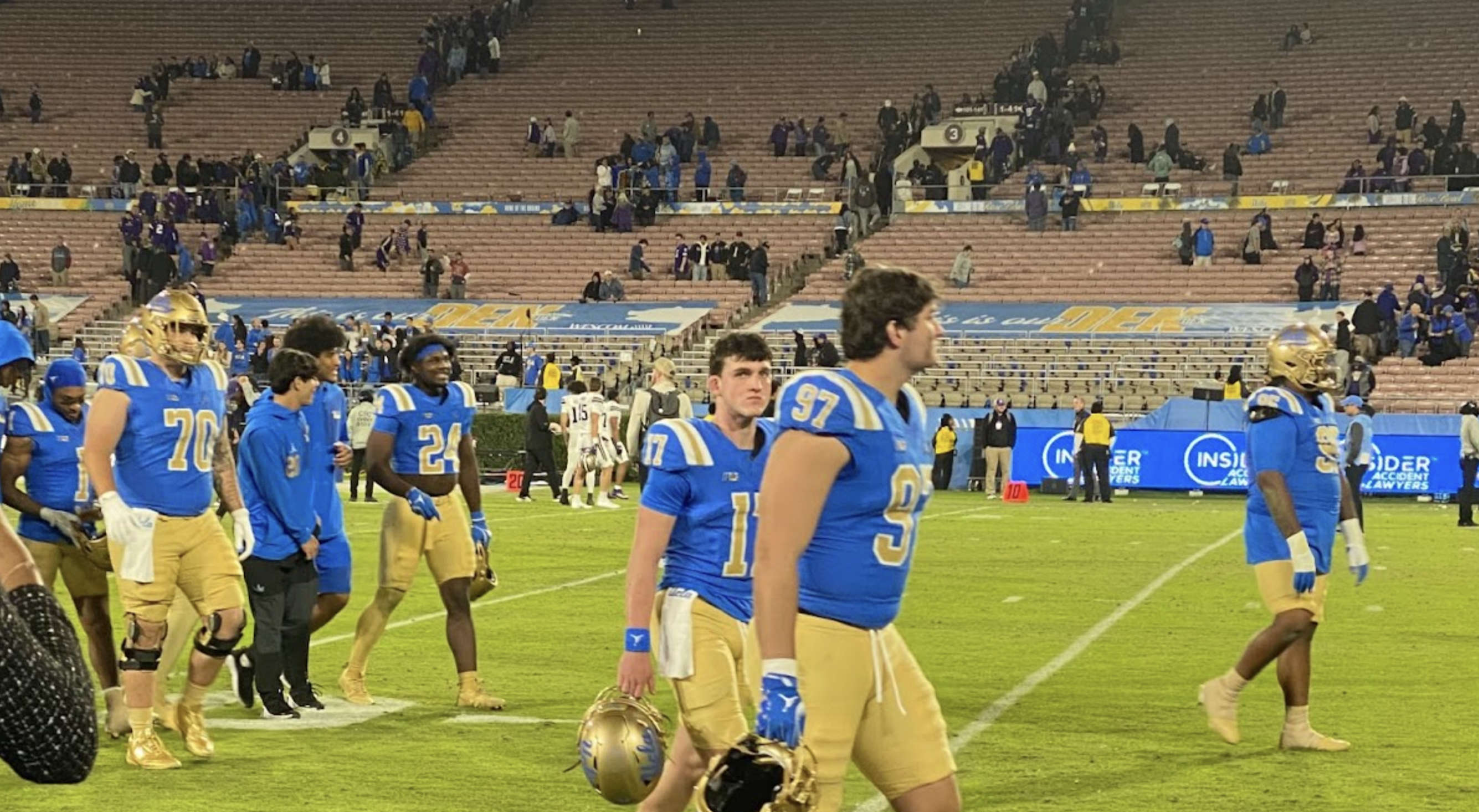 Washington tramples UCLA 48-14 on Senior Night
Washington tramples UCLA 48-14 on Senior Night
Washington steamrolled UCLA 48–14 on Senior Night at the Rose Bowl, capitalizing on turnovers, special teams chaos, and a dominant night from QB Demond Williams Jr.
-
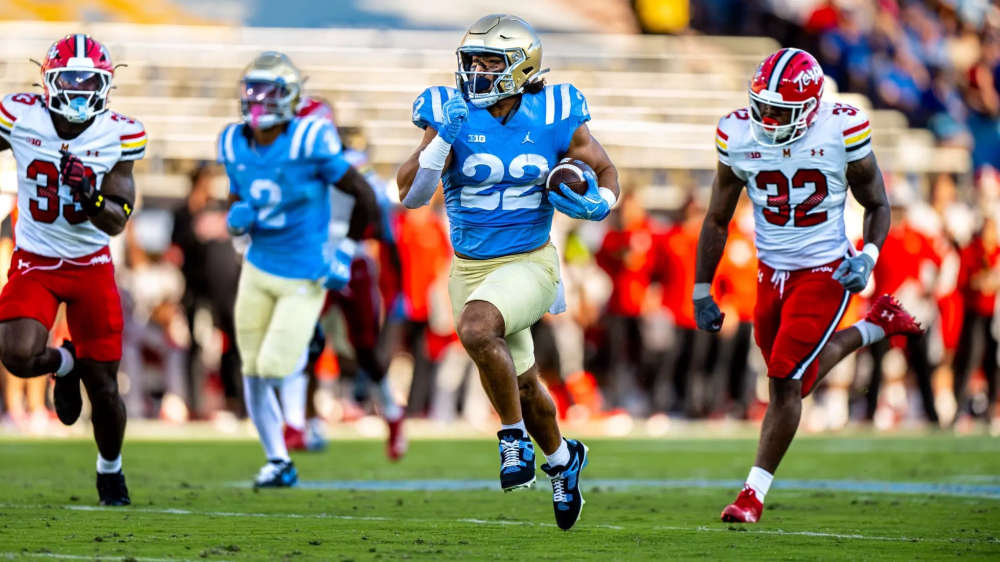 UCLA Football Wins Its Third Straight Game Ahead of Ranked Matchup
UCLA Football Wins Its Third Straight Game Ahead of Ranked Matchup
UCLA keeps rolling. After edging Maryland 20–17 at the Rose Bowl, the Bruins have quietly stacked three straight wins and are heading into another ranked showdown. Charlie Gonzalez breaks down the grind, the grit, and the moments that mattered.
-
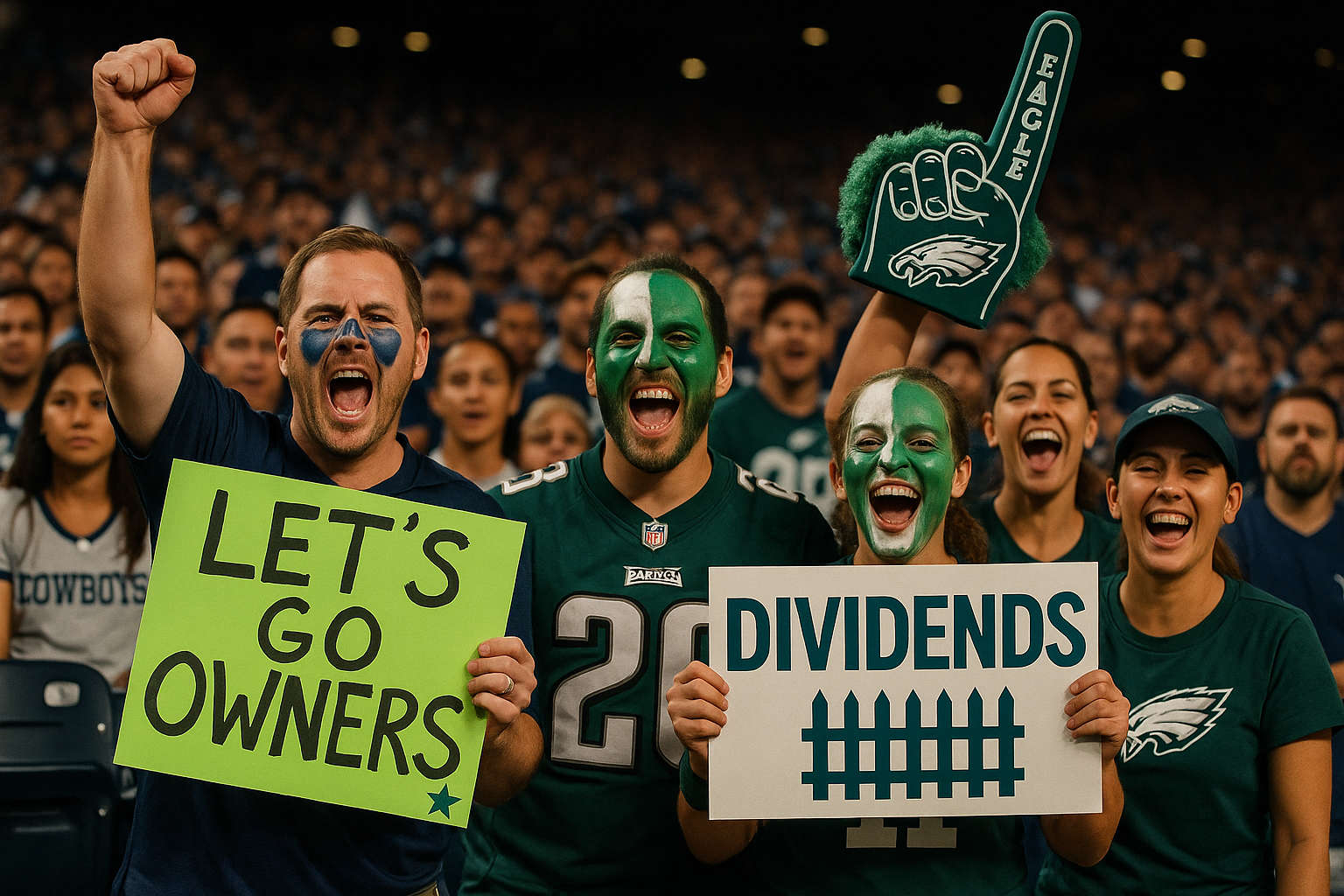 What Are We Cheering For?
What Are We Cheering For?
Every holiday, every weekend, every so-called American ritual came with a side of football. The game would be on, and we were supposed to care. I didn’t. Not really. Not until I almost did. For a brief stretch, when my dad worked with the Clippers during the Lob City era, I started to believe. Chris Paul, Blake Griffin, DeAndre Jordan — it felt like swagger, like culture, like something to belong to. Then the trades came, the team got gutted, and the curtain dropped. It wasn’t family. It wasn’t culture. It was business. That moment stuck. The more I watched, the more the wires showed: how ritual gets packaged, sold, and weaponized. How meaning becomes merchandise. How attention becomes empire.
-
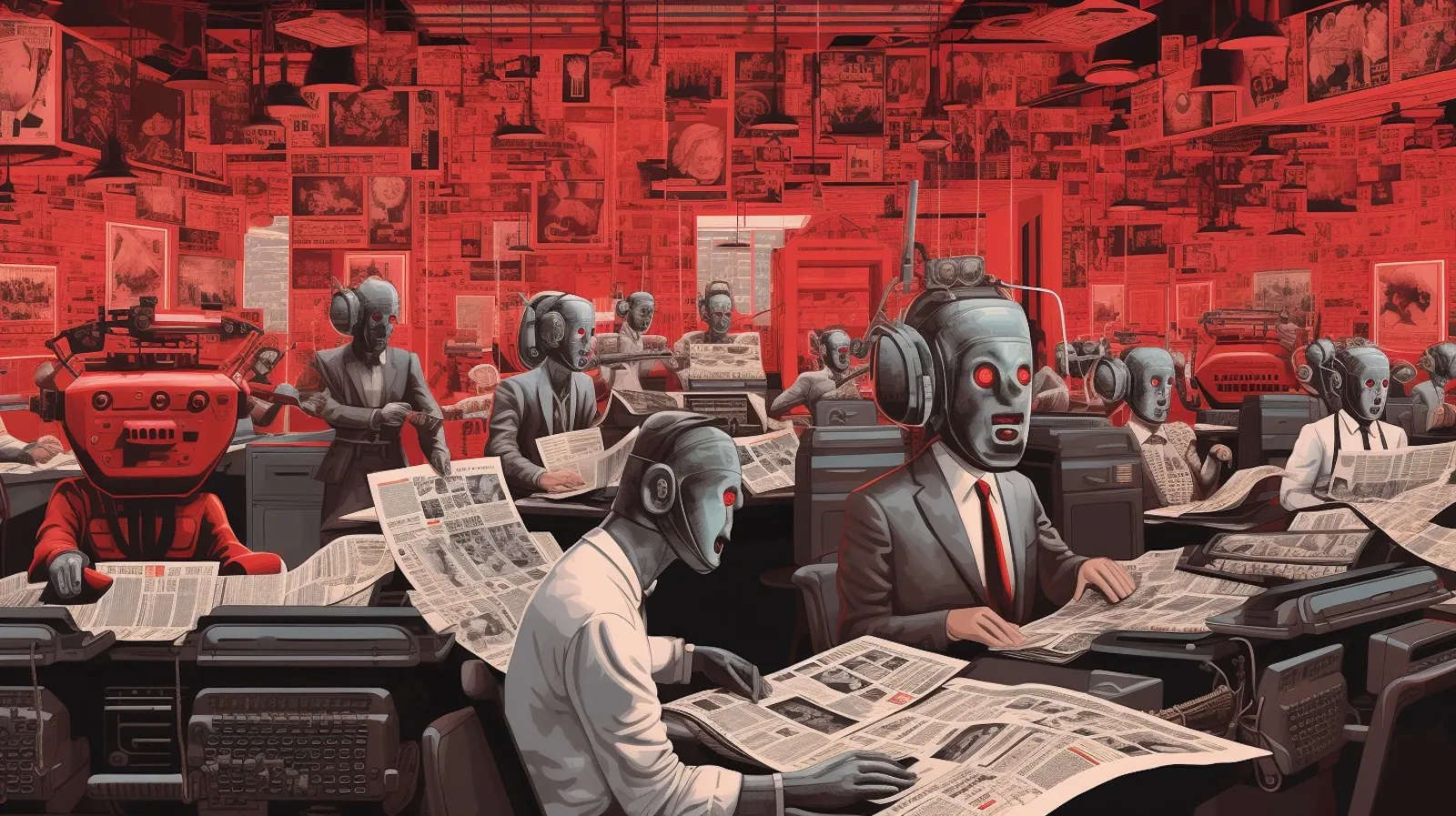 When AI Replaced Our Comics
When AI Replaced Our Comics
When AI replaced hand-drawn comics in our newsroom, I saw more than ugly art — I saw the erosion of what makes journalism worth doing.
